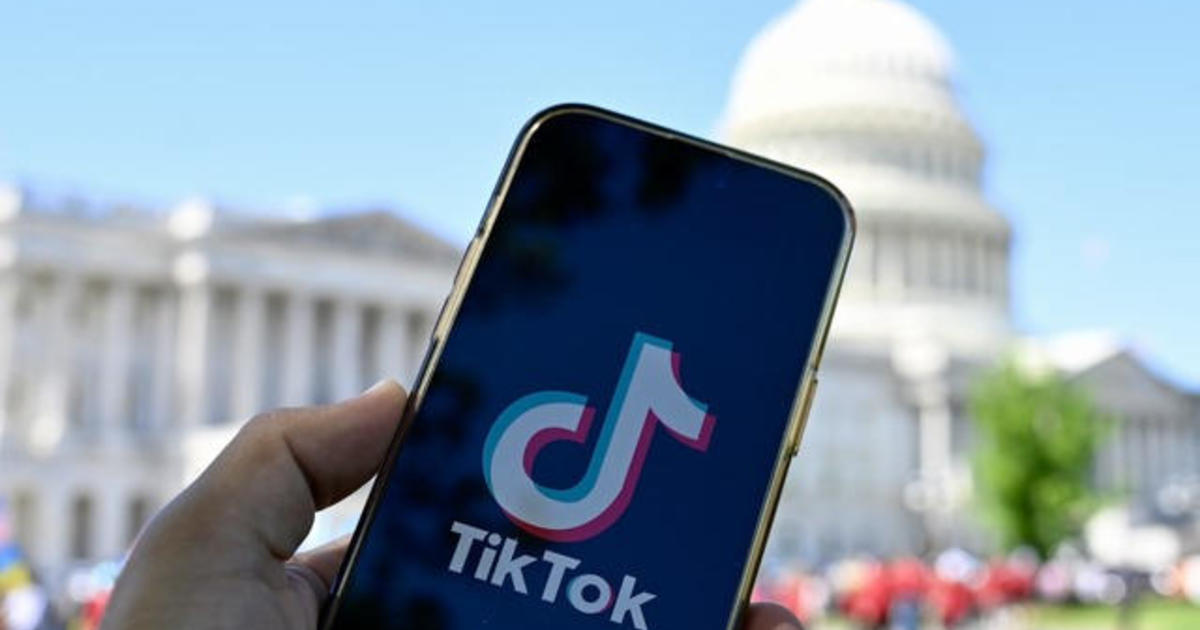Peloton co-founder John Foley steps down as CEO
Peloton is overhauling its leadership and slashing jobs amid reports that it is the focus of potential takeover bids.
The connected fitness company announced Tuesday that Peloton co-founder John Foley is stepping down as CEO and will be replaced at the helm by former Spotify executive Barry McCarthy. Foley will become executive chair.
Moving to cut costs as it continues to lose money, Peloton also said it would lay off 2,800 workers across its global operations. The cuts will include corporate, warehouse and delivery jobs.
The management change comes as unconfirmed reports swirl that a range of big-name suitors may be weighing a bid for Peloton, whose financial performance has flagged over the last year after its stock soared in 2020 during the early days of the COVID-19 pandemic.
Peloton shares surged on Monday on reports that Apple, Amazon, Disney, Microsoft or Nike may make a play for the maker of internet-enabled exercise bikes and treadmills. Since late 2020 Peloton's stock price has sunk nearly 80%, tumbling from a high of nearly $170 to $29.
"If it wasn't before, Peloton is now a business in crisis mode," Neil Saunders, an analyst at GlobalData, said in an email, adding that investors have lost confidence in Foley. "Its decision to sacrifice John Foley, who will step down as chief executive, is the latest in a long string of maneuvers as it scrambles to get the business back on the rails."
In a conference call with analysts, Foley acknowledged that mistakes had been made and that the company invested too quickly.
"We own it. I own it and we are holding ourselves accountable," he said. "That starts today."
McCarthy, who formerly served as chief financial officer at Spotify and Netflix, will succeed Foley as president and CEO effective Wednesday as well as join Peloton's board of directors.
"Since founding Peloton a decade ago, we've grown this brand to engage and motivate a loyal community of more than 6.6 million members," Foley said in a statement. "I'm incredibly proud to have worked with such talented teammates over the years who have helped me build Peloton into what it is today, and I'm confident that Barry is the right leader to take the company into its next phase of growth."
Wall Street equity analyst Dan Ives of Wedbush Securities thinks Foley's exit as CEO increases the odds that Peloton is acquired.
"We believe Foley leaving makes it more likely that Peloton ultimately sells the company, and the board clearly has major decisions to make in the days/weeks/months ahead," he said in a report. "If a bidding process begins, we view Apple as the likely acquirer due to the clear strategic fit with its healthcare/fitness/subscription initiatives while Amazon and Nike among others could be potential bidders in the mix."
Slowing growth
Peloton's growth was propelled in part by the pandemic, which shuttered gyms across the U.S. and drove many Americans to seek other ways of staying fit. Today the company has nearly 2.8 million subscribers to its service, which lets users join a range of online cycling, running and other classes for monthly fees.
But Peloton's growth has waned over the last year as gyms reopened and people ventured outside. On Monday the company reported a net loss for the quarter of $439 million on revenue of $1.1 billion. For all of 2022 it expects total revenue of $3.7 billion to $3.8 billion.
"Peloton's executives believed — as many did — that behavioral changes in the pandemic would stick. That does not appear to be the case as we see people reverting to their pre-pandemic routines," Timothy Hubbard, assistant professor of management at the University of Notre Dame's Mendoza College of Business, said in an email.
Speculation that Peloton will be acquired has driven up its market value to nearly $10 billion. Yet that is unlikely to deter deep-pocketed companies like Apple, which has nearly $200 billion in cash and which could integrate Peloton into its growing health services business.
— The Associated Press contributed to this report.



